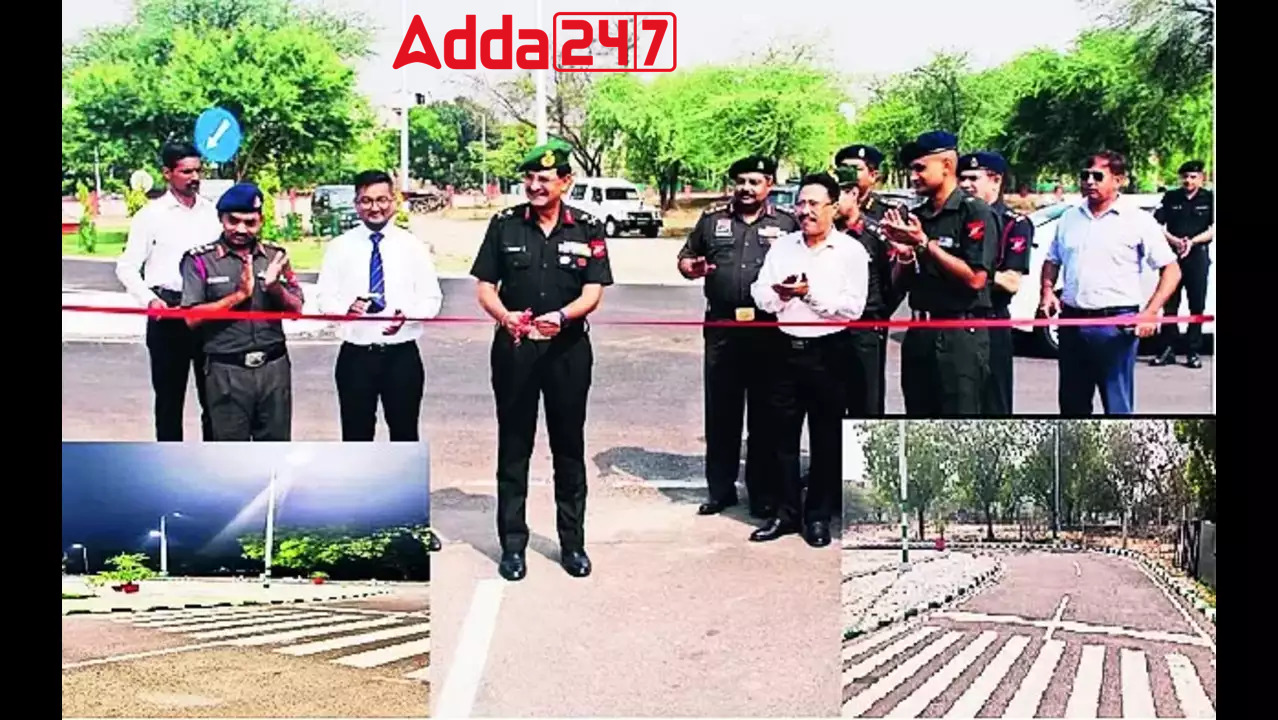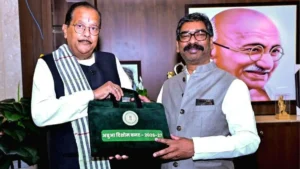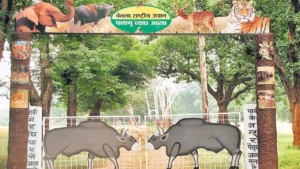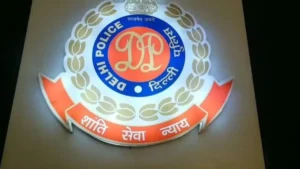Jaipur Military Station has become the second military station in India to have a road made from plastic waste. The road, inaugurated on June 26, 2024, by Major General R.S. Godara, General Officer Commanding of 61 Sub Area, is 100 meters long and stretches from Sagat Singh Road under bridge to Cubs Corner complex. This initiative aligns with the Indian Army’s policy to create sustainable and green military stations, and it was constructed under the aegis of GE (South), CE Jaipur Zone, with assistance from Deep Constructions Pvt. Ltd. Compared to conventional roads, plastic waste roads are more durable, suffer less wear and tear, reduce water induction, and increase sustainability.
First Military Station with Plastic Waste Road
The first military station to have a plastic waste road was Narangi Military Station in Guwahati, Assam, built in 2019.
Government Policy on Plastic Waste Roads
In 2015, the Indian government allowed the use of plastic waste in constructing National Highways on a pilot basis to address the mounting plastic waste problem. By 2017, the government permitted the mixing of 10 percent plastic waste with hot bitumen for road construction. In 2023, it became mandatory to use plastic waste in the construction and repair of service roads of national highways within a 50-kilometer radius in urban-rural areas with populations of five lakh or more.
Benefits of Plastic Waste Roads
Plastic waste roads consume 15 percent less coal tar and are more durable, lasting 10 years instead of the conventional five years. Due to plastic’s water-resistant properties, these roads do not develop potholes, a common issue with traditional roads as rainwater seeps in and causes damage.
Environmental Impact
Using plastic waste in road construction helps mitigate pollution. Discarded plastics, if not repurposed, either pollute the environment or create air pollutants when burned. Plastics in agricultural fields can block seed germination and prevent rainwater absorption, and animals can choke and die from ingesting plastic bags found in garbage.
Pioneer of Plastic Roads
Professor Rajagopalan Vasudevan of Thiagarajar College of Engineering, Madurai, developed and patented the technique for using plastic waste in road construction. His method involves mixing plastic waste with heated bitumen, then coating the resultant mixture over stones used for making roads. Professor Vasudevan, known as the Plastic Man of India, was honored with the Padma Shri in 2018.
Success Stories
Cities like Chennai, Delhi, Jamshedpur, Pune, Indore, and Lucknow have adopted this technique, building plastic waste roads that have proven to be more durable and environmentally friendly. The Central Pollution Control Board (CPCB) audit confirmed that roads built with plastic waste did not develop any potholes, rutting, or ravelling even after four years.
Jaipur Military Station: Key Points
Second Military Station: Jaipur Military Station is the second in India to have a road made from plastic waste.
Inauguration: The plastic waste road was inaugurated on June 26, 2024, by Major General R.S. Godara.
Road Details: The road is 100 meters long, extending from Sagat Singh Road under bridge to Cubs Corner complex.
Sustainability: Constructed under the Indian Army’s green policy, with GE (South), CE Jaipur Zone, and Deep Constructions Pvt. Ltd.
Durability: Plastic waste roads are more durable, reduce wear and tear, resist water damage, and increase sustainability.
First Military Station: Narangi Military Station in Guwahati, Assam, was the first to have a plastic waste road in 2019.




 Jharkhand Budget 2026-27: ₹1.58 Lakh Cro...
Jharkhand Budget 2026-27: ₹1.58 Lakh Cro...
 Can Rural Women Save Tigers? Palamu’s Va...
Can Rural Women Save Tigers? Palamu’s Va...
 Big Boost for Ex-Agniveers: 20% Delhi Po...
Big Boost for Ex-Agniveers: 20% Delhi Po...








